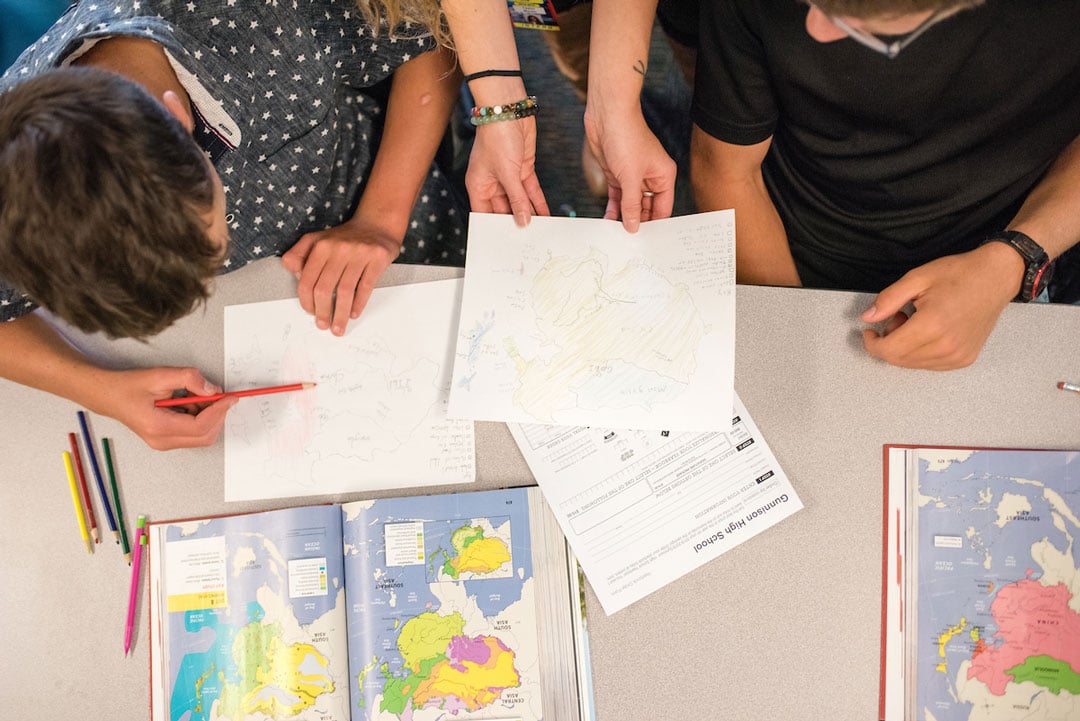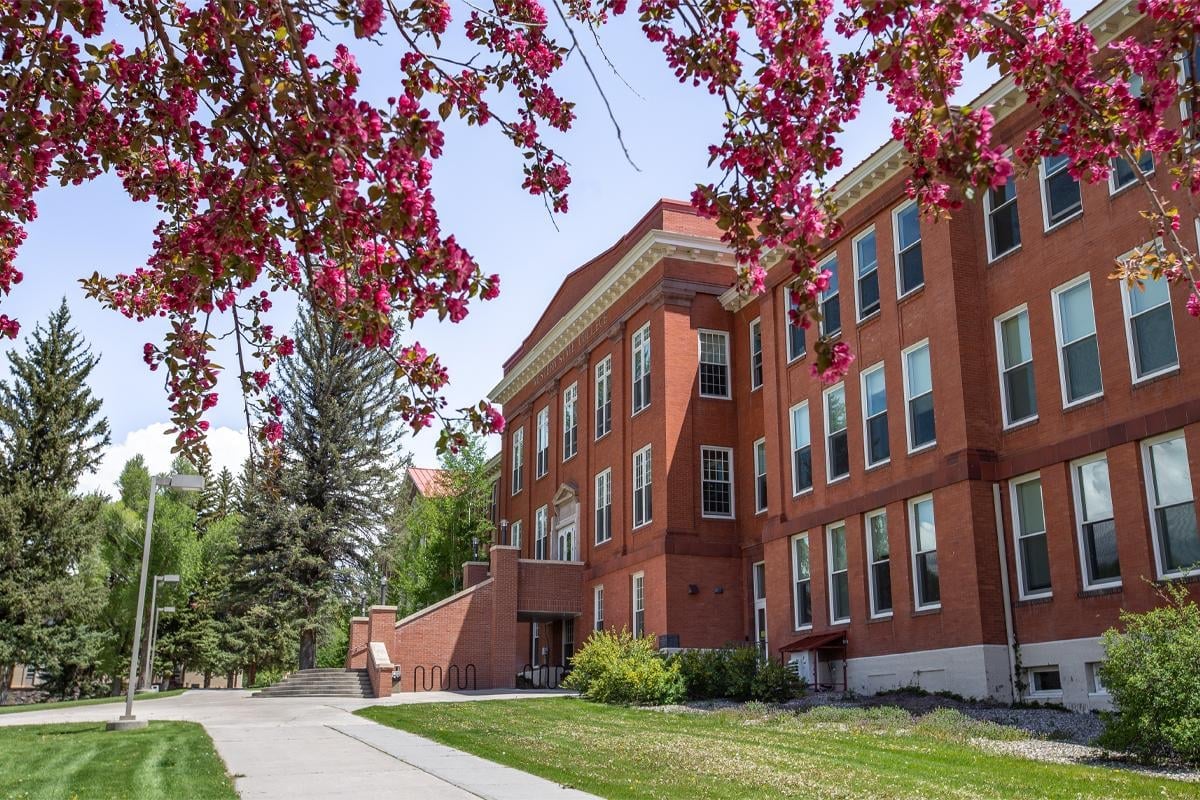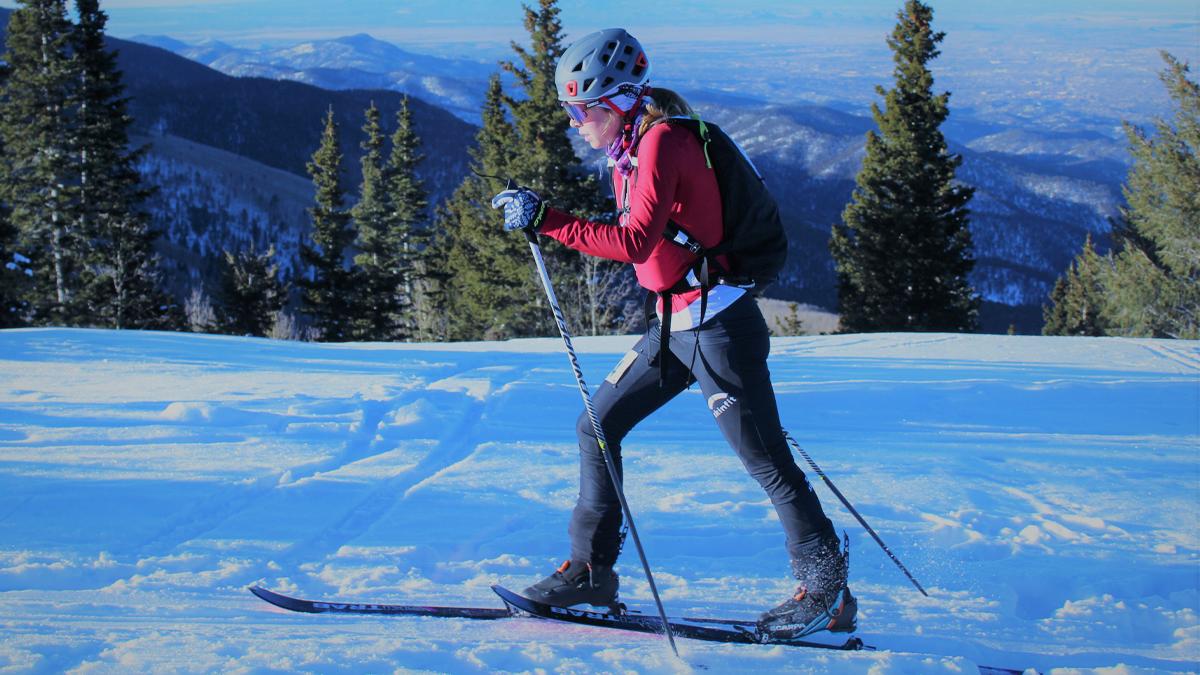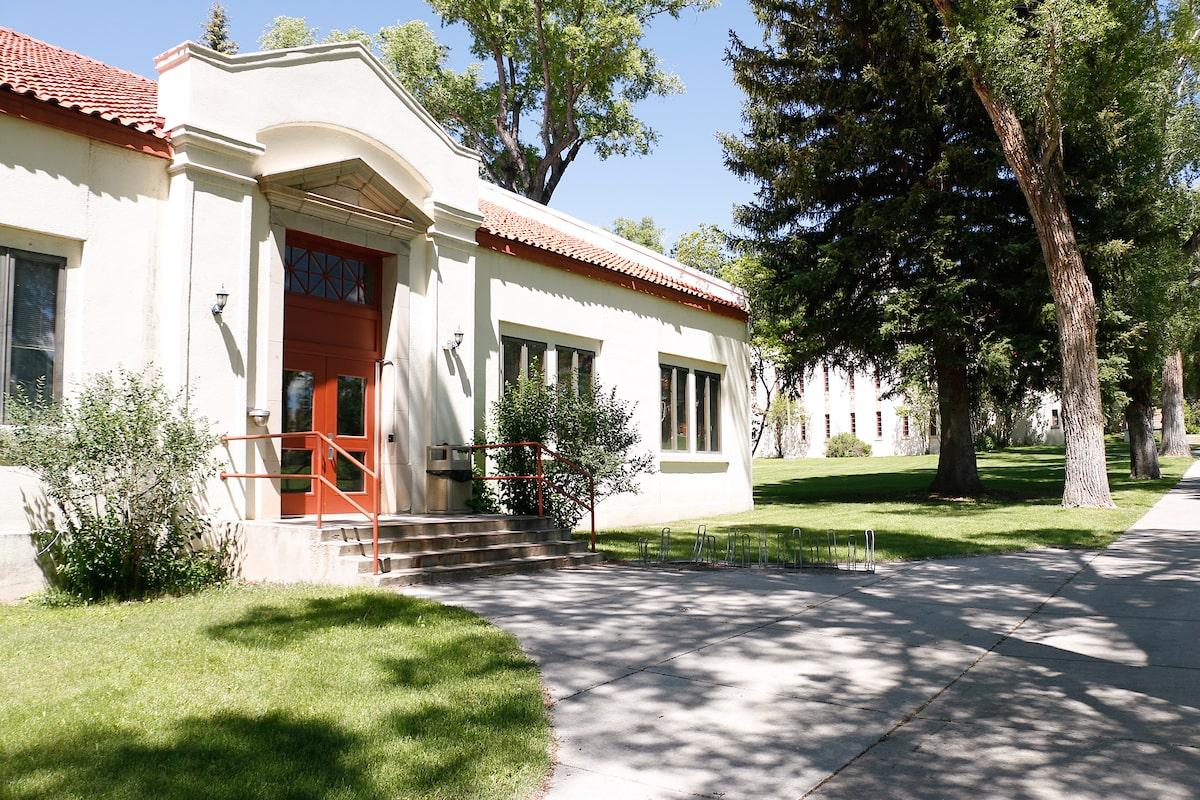- Candidate must submit:
- Proof of fingerprint clearance and background check by state agency
- Two professional recommendation forms
- Resume
- Payment of university application fee
- Official transcript of conferred bachelor’s degree from a regionally accredited college or university showing recommended 3.0 cumulative GPA or higher
- Personal statement
- Candidate must demonstrate knowledge of the content area by:
- passing a Praxis Subject Assessment (Special Ed. and Elementary Ed. must pass the Praxis Subject Assessment for Elementary Education Content Knowledge #5001); OR
- a conferred degree in the content area; OR
- a content evaluation of 24 semester hours of transcripted college coursework.
Provisional Admission to the MA in Education program
An applicant who does not meet the requirements for full admission to the Master of Arts in Education program may be required to submit additional materials in order to be considered for provisional admission upon the recommendation of the program director and approval by the Dean of Graduate Studies. These may include evidence of relevant professional experience, post-BA coursework, professional development, recommendations, and any other experience that demonstrates history of work, study, volunteering or other professional activity demonstrating potential to be a quality educator and successful graduate student. The program director may request a phone interview with the applicant. A provisionally admitted student will have a maximum of one calendar year to complete any pre-requisite academic coursework. The program director or Dean of Graduate Studies may set additional timeline requirements.
International Students: see Graduate Academic Catalog section, Criteria for International Admission.






